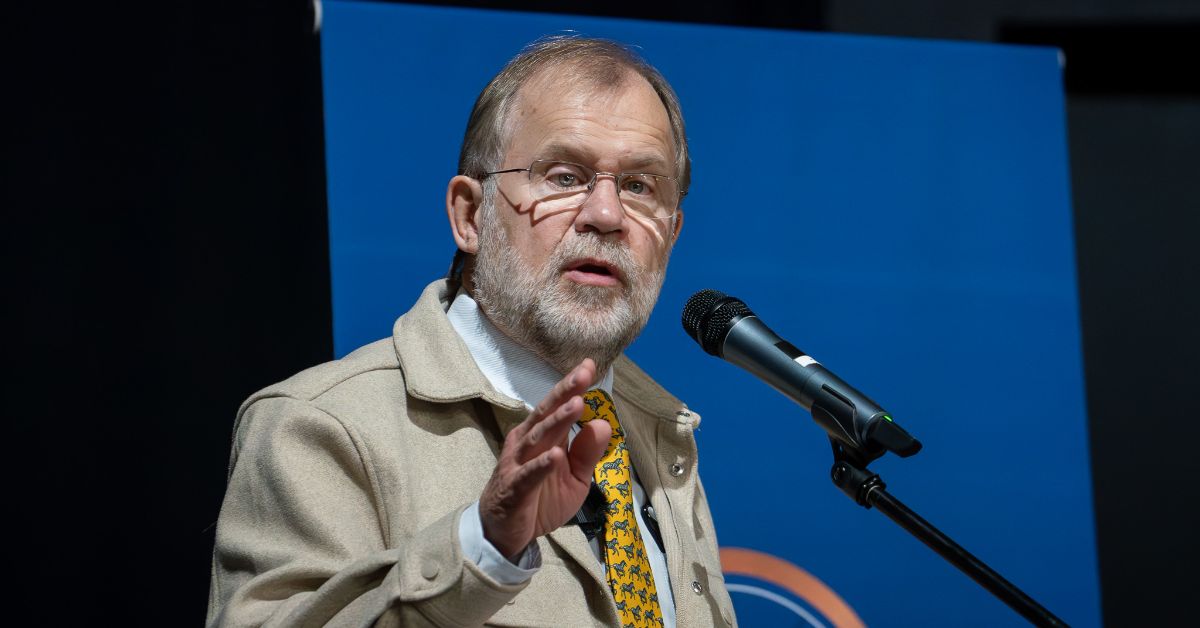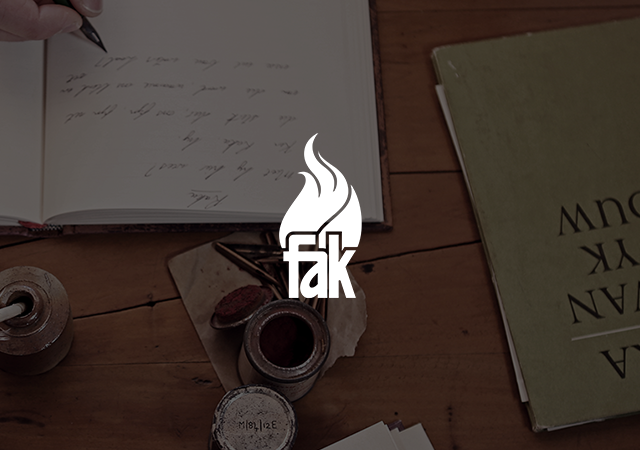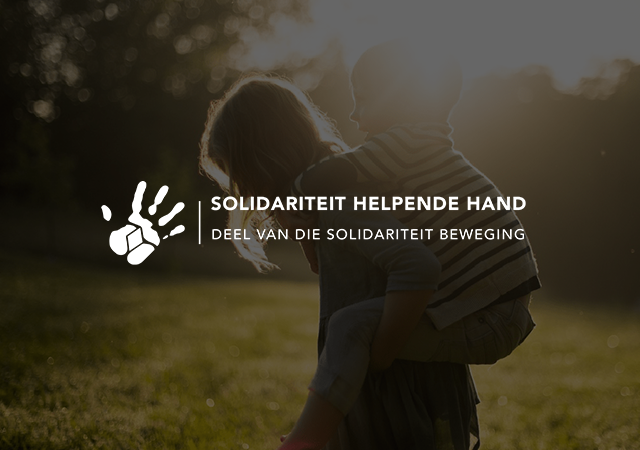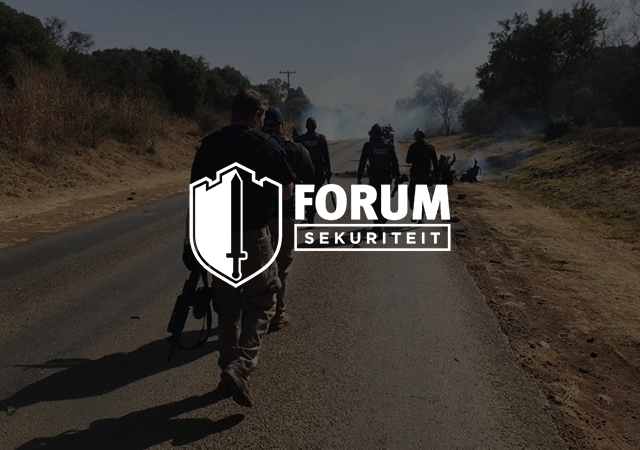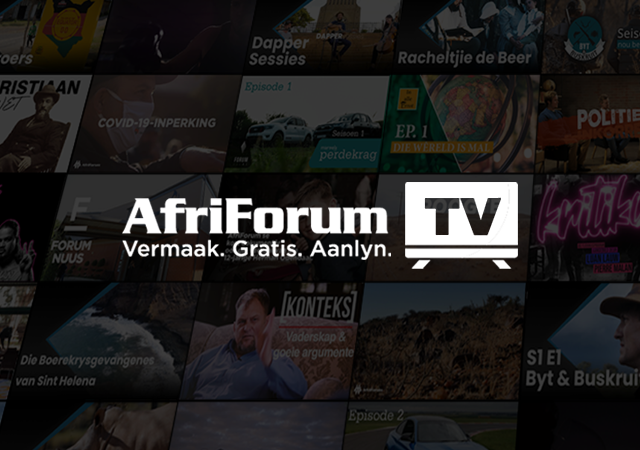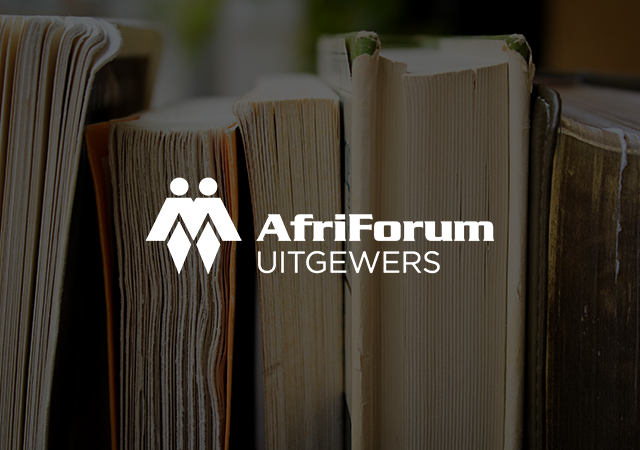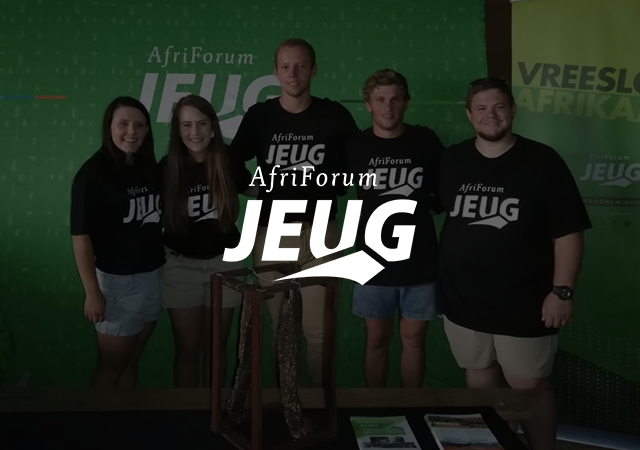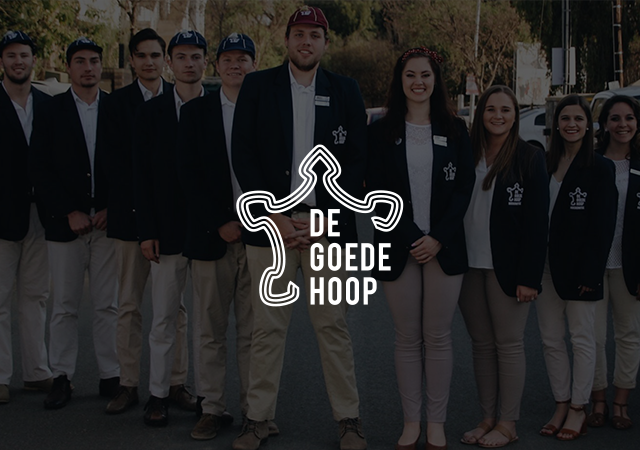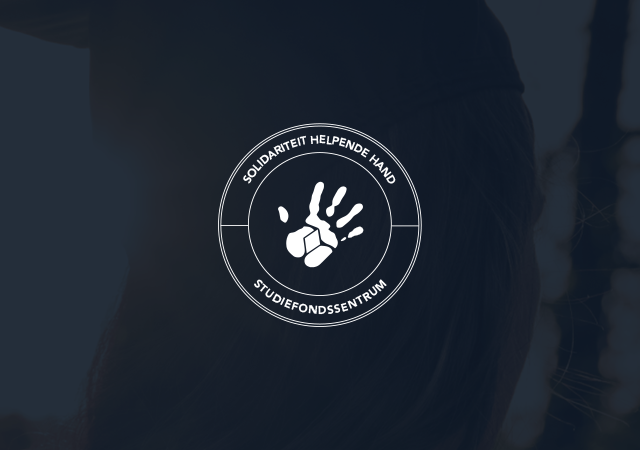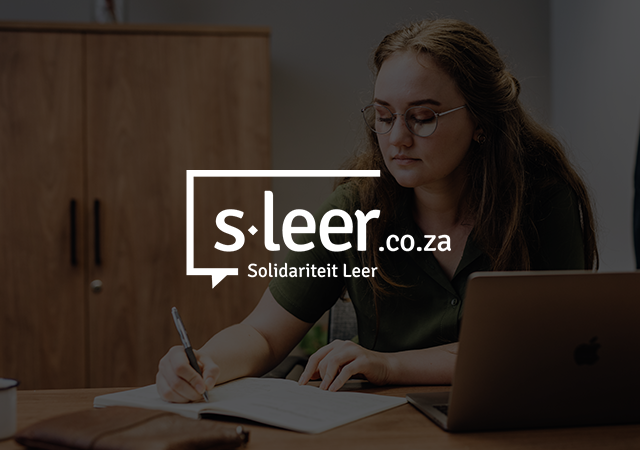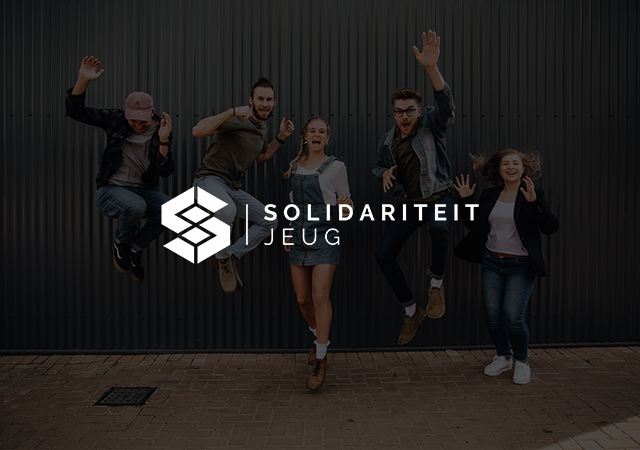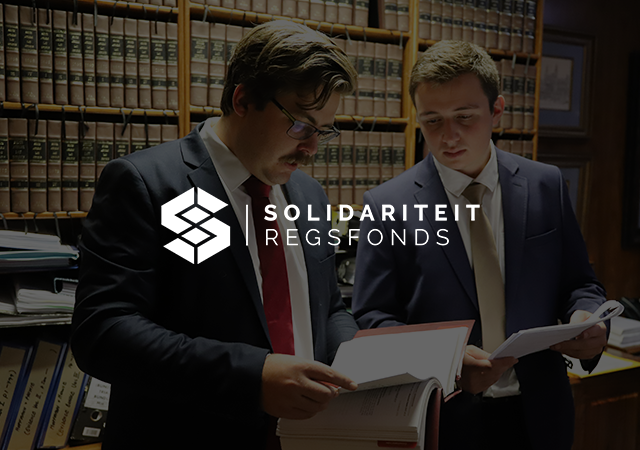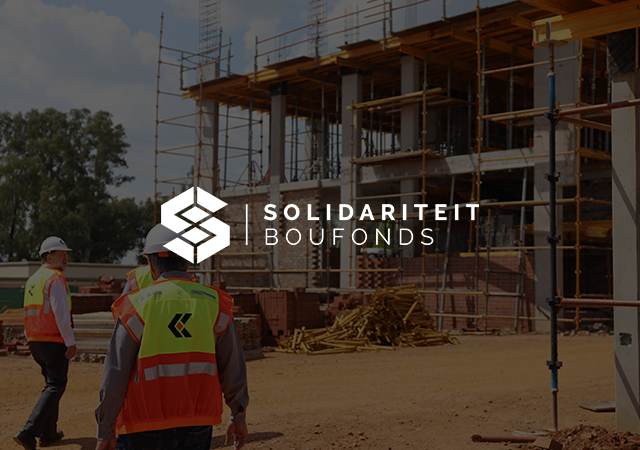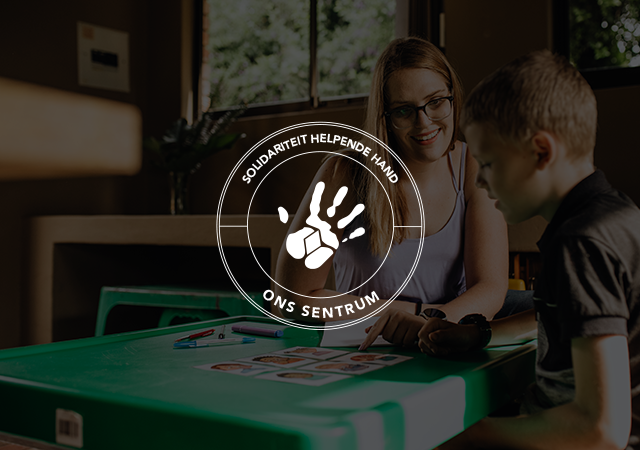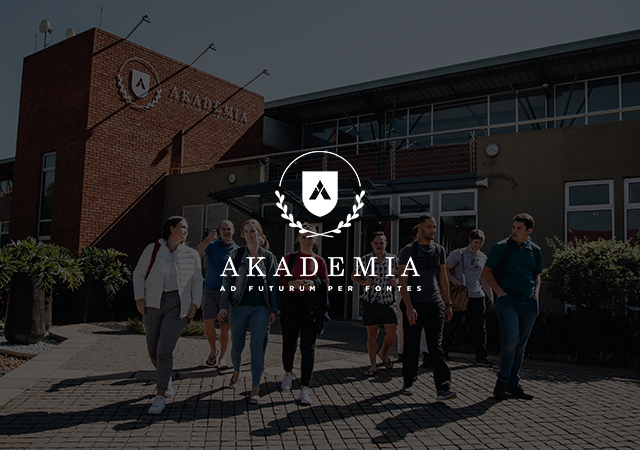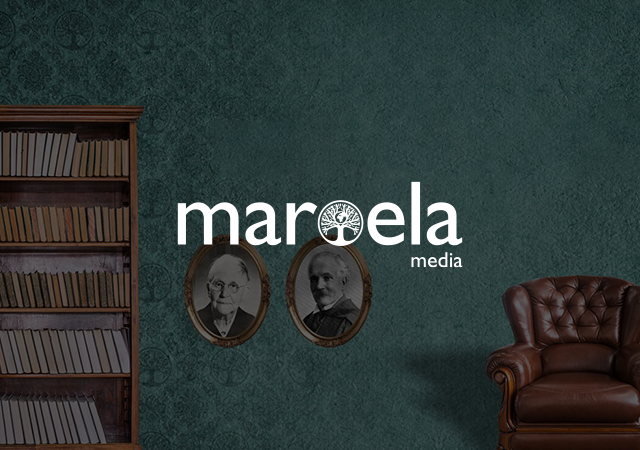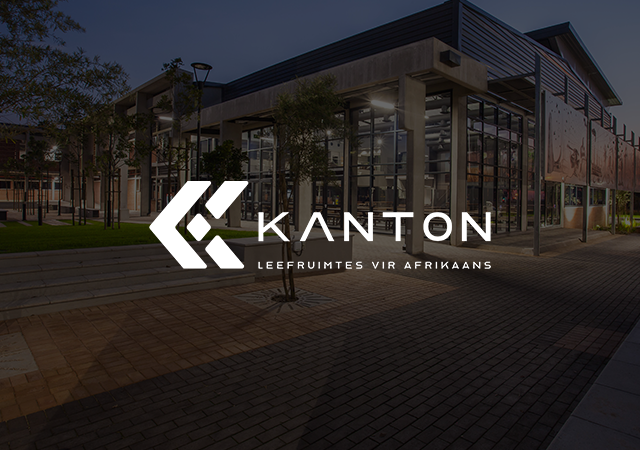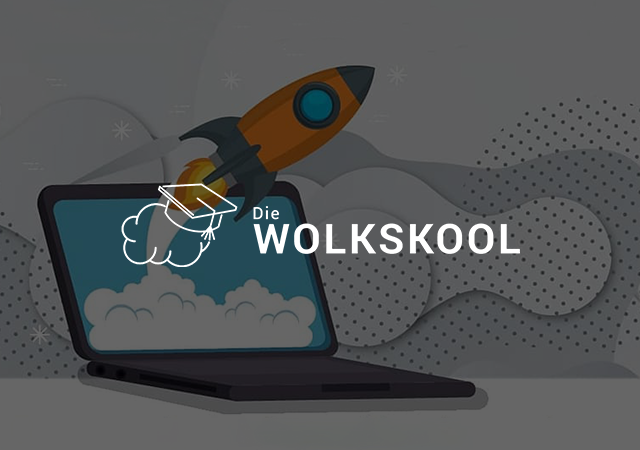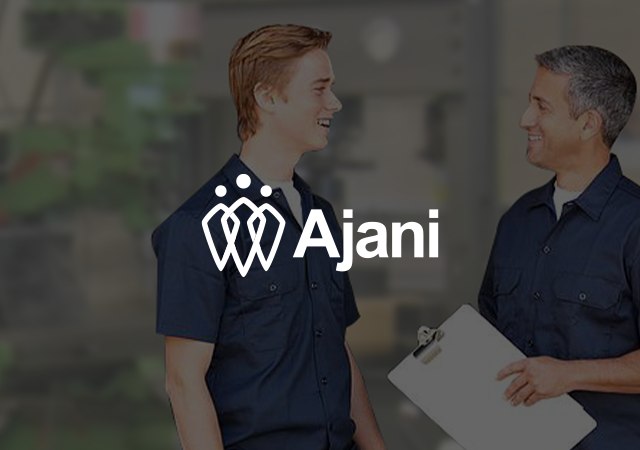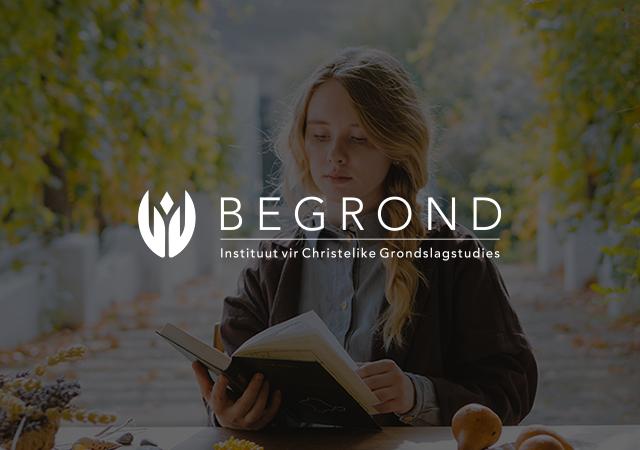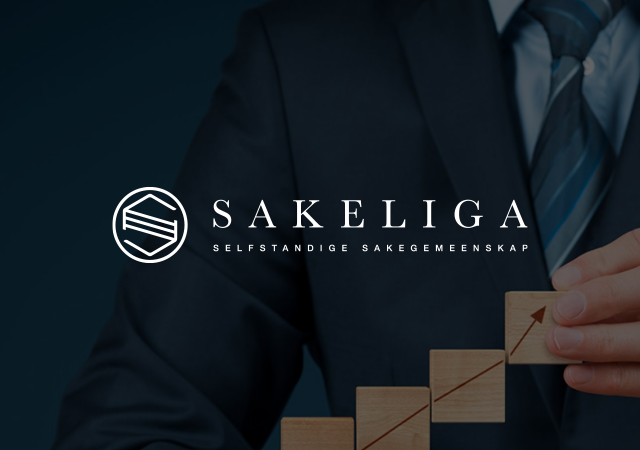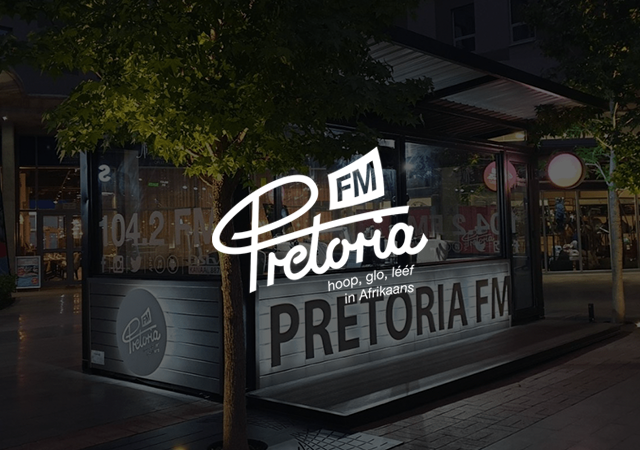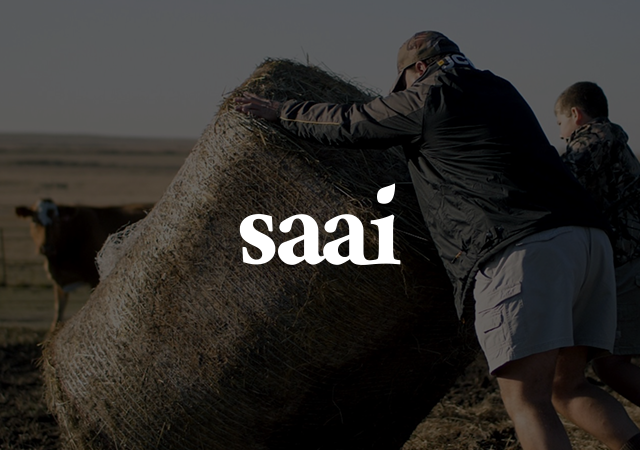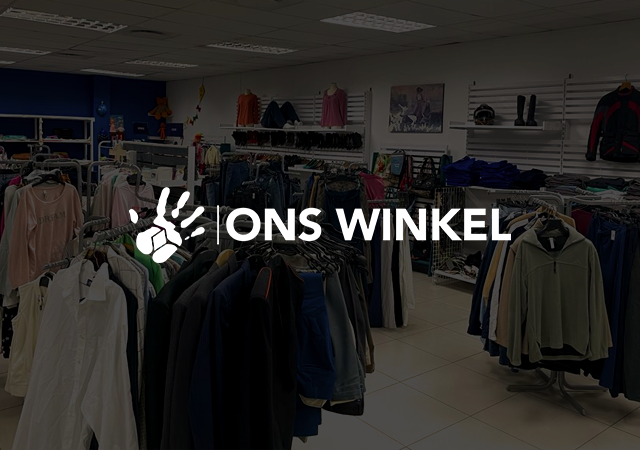Article for Rapport newspaper by Flip Buys, Chairperson of the Solidarity Movement
Let’s build living spaces for Afrikaans, because buildings provide security, writes Flip Buys
The greatness of a culture is usually measured by the greatness of what it has built.
It is for this reason that, to this day, humanity still stands in awe of the pyramids the ancient Egyptians had built some 4 600 years ago. The pyramids are still regarded as miracles, and archaeologists have been speculating for years about how the Egyptians had managed to accomplish it. There is consensus, though, that the construction of the pyramids was only possible as a result of sophisticated engineering, architecture, mathematics, science, astronomy and logistics.
Moreover, construction work of that magnitude required advanced forms of political organisation, economic development, management, organisation, scholarship and training.
Today’s archaeologists say that the ancient Egyptians had built the pyramids. However, in reality it was the pyramids that time had indeed at the same developed the Egyptians as a highly developed civilisation. What is meant by this is that the centuries-long construction work of the pyramids and other infrastructure a developed society needed, had also shaped the Egyptians’ culture.
As Winston Churchill said: “Initially, we shape our buildings; thereafter they shape us”.
After all, construction work of the magnitude of the pyramids requires an advanced culture, capable of undertaking major collaborative projects, mustering the resources for it, planning and organising them efficiently, putting together the workforce for the projects, and it requires the leadership and expertise to carry out the work successfully.
Of course, the same also applies to all the advanced ancient civilisations that rose in China, Persia, Greece and India. The Romans’ roads, bridges, aqueducts, theatres and cities made Roman life possible and conveyed and spread their culture widely. This laid the foundation of modern Western Europe. No culture can be conceived without what it has built because a cultural community lives in, by and through its institutions and the buildings that accommodate it.
It also underpins our history. For example, Pres. Paul Kruger was not only a state builder but also a city builder. He played a major role in the development of Pretoria from a dusty little town to a capital city. In this regard, think about the Ou Raadsaal (Old Council Hall), the Palace of Justice, museums, hospitals, schools and the forts built around Pretoria. In reality, buildings constitute a nation’s cultural infrastructure. They “build” culture insofar as the “Raadsaal” was the centre of the constitutional Republic, whereas the Palace of Justice was the centre of the judicial authority, while schools were the places where knowledge and culture have been imparted to the next generation.
In later years, Afrikaners constructed buildings all over the country which in turn developed their (the Afrikaners’) culture. In this regard think of the buildings constructed for educational, economic, cultural, medical, military and other purposes.
As a young student the university anthem of the then Potchefstroom University for Christian Higher Education (informally known as die Pukke) sounded rather old-fashioned and sad to me: “Gebore uit die nag van smaad, sien ons jou staan as wonderdaad …” (Loosely translated: Emerging from a night of humiliation, we see you stand as a miracle deed …) Like most of the other students I took the modern campus where we studied during the late eighties for granted. Little did I know that if you yourself got something for free, it did not mean that it came about without costs, as other people had paid dearly for it. Later on, I realised just what a miracle the university really was, and what great sacrifice it cost for it to rise from the ground before and after the Anglo-Boer War.
In 1897 Pres. Paul Kruger himself left £100 – a huge sum of money at the time– for student bursaries. The first rector, Prof. Jan Lion-Cachet, was arrested by the British and his son was shot and killed in the war. However, the Potchefstroom University’s story is not the exception. The history of universities such as the University of Stellenbosch, Unisa, the University of Pretoria (popularly known as Tuks), the University of the Orange Free State (Kovsies) and the Rand Afrikaans University (RAU) tell similar stories of thinking big and beginning small. Most of them were established by churches and communities without the availability of major government funding.
The Kenyan scholar Ali Mazrui aptly said the community must first raise the university before the university can help raise the community. The connection between community and university has also been affirmed by Gen. Jan Smuts when he expressed the wish in 1910 that the University of Pretoria would become for the then Transvaal what Oxford was for England.
Afrikaans, an Afrikaans life and the transfer of a language and a culture are impossible without educational institutions that can accommodate that language and culture. The question is why schools, colleges and universities are of such importance for language and cultural communities.
Albert Einstein provided the best reply in this regard. He said that the magnificent things a generation learns at school and university are the collective effort of many generations. All this is put in their hands as their inheritance in order that they may receive it, add to it, and one day pass it on to their children.
The purpose of cultural infrastructure is not to isolate a group or to exclude others, but rather the opposite. It already creates the space to live together with other people, almost like a house that is built so that a family can live together with their neighbours in a residential area. A house consists of various rooms, each with its own purpose. The same applies to a cultural household – there are spaces for education, training, language, social care and the preservation of heritage. This is the reason why the Solidarity Movement has been systematically building an entire cultural ecosystem over the past decade or so.
If the conditions are created for Afrikaners and the Afrikaans community to live here sustainably, we will be able to make a lasting contribution to the well-being of the country and all its people.
Buildings are important because “place” provides safety and “spaces” provide freedom.
The challenge is to build this cultural infrastructure without the help of the state. This is the reason why the Solidarity Movement established a property company called Kanton a few years ago. The most famous project Kanton has successfully undertaken is the construction of the Sol-Tech campus and residences in Centurion. Kanton’s aim is to establish a partnership between culture and capital by obtaining investments from the private sector to build spaces for Afrikaans.
Investors earn monetary return while also getting a cultural dividend in the form of a university. At the same time planning is already underway for the establishment of an independent schools’ network. We believe that an Afrikaans university is vital for the survival of Afrikaans.
Second, mother tongue instruction remains the best medium for education and training, while also equipping students to be fully competent in English workplaces. This is best proven by the fact that top Afrikaans people who had studied at single-medium Afrikaans universities nowadays hold prestigious positions abroad.
After years of well-conceived work and planning, Akademia and Kanton are launching the Builders of the Future Campaign with the aim of offering people and institutions with the capital means an opportunity to invest in Akademia’s planned new campus in Pretoria East. The wider public will also get an opportunity to make investments at a later stage.
The British scholar Roger Scruton said that a society can only survive if each generation lives for the next generation. Kanton is building for the next generation and wants to give the current generation the opportunity to build together with us.
The idea is not to build monuments for our ancestors but to build living institutions for the new generation. Now is the time for creative innovation, based on proven values.
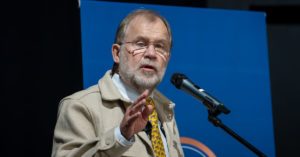
Relevant article: Akademia and Kanton announced monumental campus development
